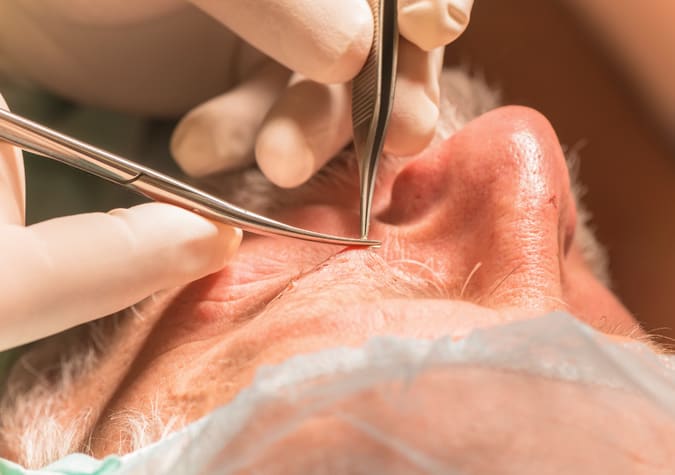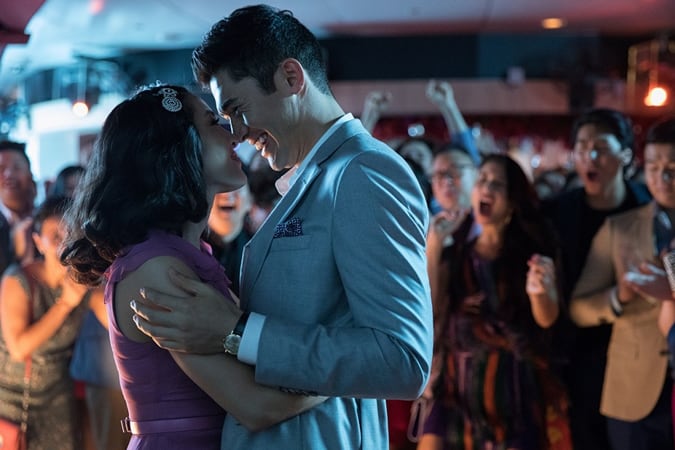Do Men’s Rights Groups Have A Point?
“It’s a very scary time for young men in America.” So said US President Donald Trump back in October as he came to the defence of Brett Kavanaugh, the Supreme Court Justice accused by a number of women of sexual misconduct.
Trump was referring specifically to the post-#MeToo environment in which, he said, men were presumed guilty until proven innocent. His comments, however, echoed a murmur that is getting louder in some quarters: that the human rights of men and boys are under assault. The western world, these voices assert, is becoming increasingly anti-male, coerced by a vicious cabal of radical feminists into making men apologise for being the second-class citizens that they/we clearly are.
The answer, according to one group of activists, is to put men’s rights first – to redress the female bias they claim plagues the family courts system; that leads millions of children to grow up fatherless; to ask why, compared to women, fewer men go to university but more are the victims of violent crime; to combat a whole range of issues disproportionately affecting men today, from suicide to homelessness.
“The state is incredibly anti-male and feminism has infiltrated almost every institution,” says Mike Buchanan, leader of a small British political party called Justice for Men and Boys (and the women who love them), or J4MB. “If you were to tell the average man on the street that his rights are under assault, he’d look at you as if you were a martian. It’s only when you look at the facts that you realise it’s absolutely systemic. And it’s getting worse every single year because men won’t fight.”
Buchanan is at the forefront of the men’s rights movement in the UK. He’s angry. He thinks all men should be because the simple fact is, we’re under attack. His party’s 2015 election manifesto says that feminism is a movement with the ultimate aim of female supremacy, not equality.


















